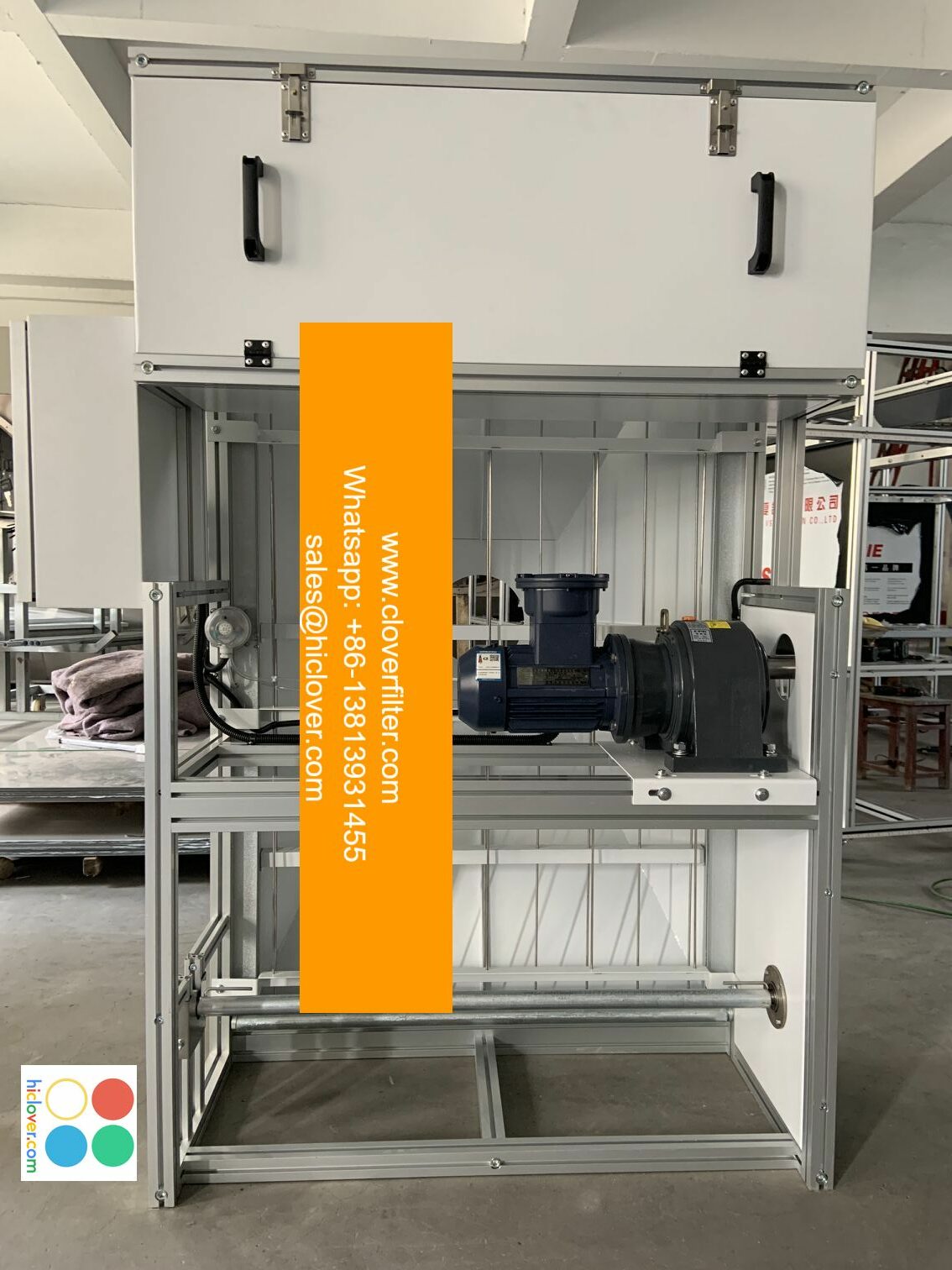The Importance of Air Filter Systems in Factories and Warehouses

The Importance of Air Filter Systems in Factories and Warehouses
Maintaining a Healthy and Productive Work Environment
Indoor air quality is a crucial aspect of maintaining a healthy and productive work environment in factories and warehouses. Air filter systems play a vital role in ensuring the air quality within these facilities is clean and free from contaminants. In this article, we will explore the importance of air filter systems in factories and warehouses, and highlight various application areas where their benefits can be maximized.
Improved Air Quality
Air filter systems help to remove dust, particles, and other contaminants from the air, improving indoor air quality (IAQ). Poor IAQ can lead to a range of health issues, including respiratory problems, headaches, and fatigue. By implementing effective air filter systems, factory and warehouse owners can create a healthier working environment for their employees, reducing the risk of sick leave and increasing overall well-being.
Increased Productivity
Good IAQ is not only beneficial for employee health but also for productivity. When the air is clean and fresh, workers are more likely to be focused and alert, leading to improved work performance and efficiency. In addition, a well-maintained air filter system can reduce the risk of equipment breakdowns and maintenance costs, resulting in cost savings for facility owners.
Reduced Allergies and Respiratory Issues
Factories and warehouses often house machinery and equipment that can generate dust, particles, and other allergens. These contaminants can exacerbate respiratory issues and trigger allergies, making life difficult for employees with pre-existing conditions. Air filter systems can help to remove 99.97% of particles as small as 0.3 microns, including pollen, dust, and pet dander, reducing the risk of respiratory issues and allergies.
Dust Control and Prevention of Fire Hazards
Dust can be a significant hazard in factories and warehouses, posing a risk of fire and explosion. Air filter systems can help to control and prevent dust buildup, reducing the risk of fire hazards and explosion. This is particularly important in industries that handle combustible materials, such as woodworking, textile manufacturing, or grain storage.
Key Application Areas for Air Filter Systems in Factories and Warehouses
- Workshops and Machine Shops: Air filter systems are essential in workshops and machine shops to remove dust and particles generated by machinery and tools.
- Food Processing and Packaging: factories require high-quality air filters to prevent contamination and ensure compliance with food safety regulations.
- Pharmaceuticals and Biotechnology: Cleanroom environments require air filters with ultra-low particulate levels to prevent contamination and maintain product quality.
- Grain Storage and Handling: Air filter systems help to control dust and prevent explosions in grain storage facilities.
- Automotive and Manufacturing: Air filter systems are crucial in automotive and manufacturing facilities to remove particles and contaminants that can damage equipment and products.
Conclusion
In conclusion, air filter systems play a vital role in maintaining a healthy and productive work environment in factories and warehouses. By improving air quality, reducing allergies and respiratory issues, and controlling dust and fire hazards, air filter systems can benefit both employees and facility owners. By understanding the various application areas for air filter systems, facility owners and managers can make informed decisions about the type and quality of systems to implement, ensuring a healthy, productive, and safe working environment for all.
Recommended Reading:
- ASME Pí³ Powered Gas Systems
- ASTM D6331-13, Standard Specification for Air Filter Units for Recreational and Commercial Use
- OSHA’s Indoor Air Quality (IAQ) Policy and Guidelines
I’m happy to help! What would you like to talk about or ask?

